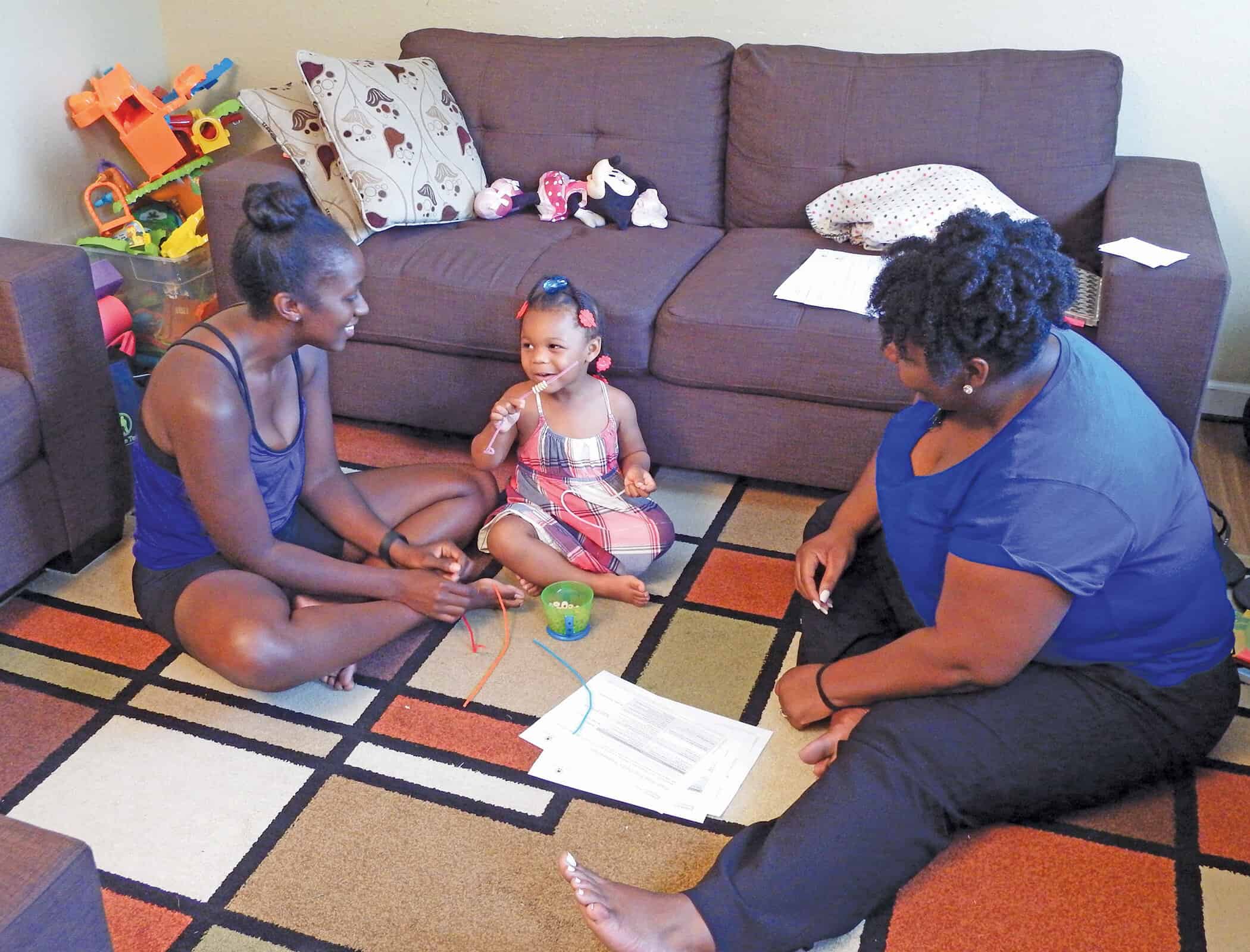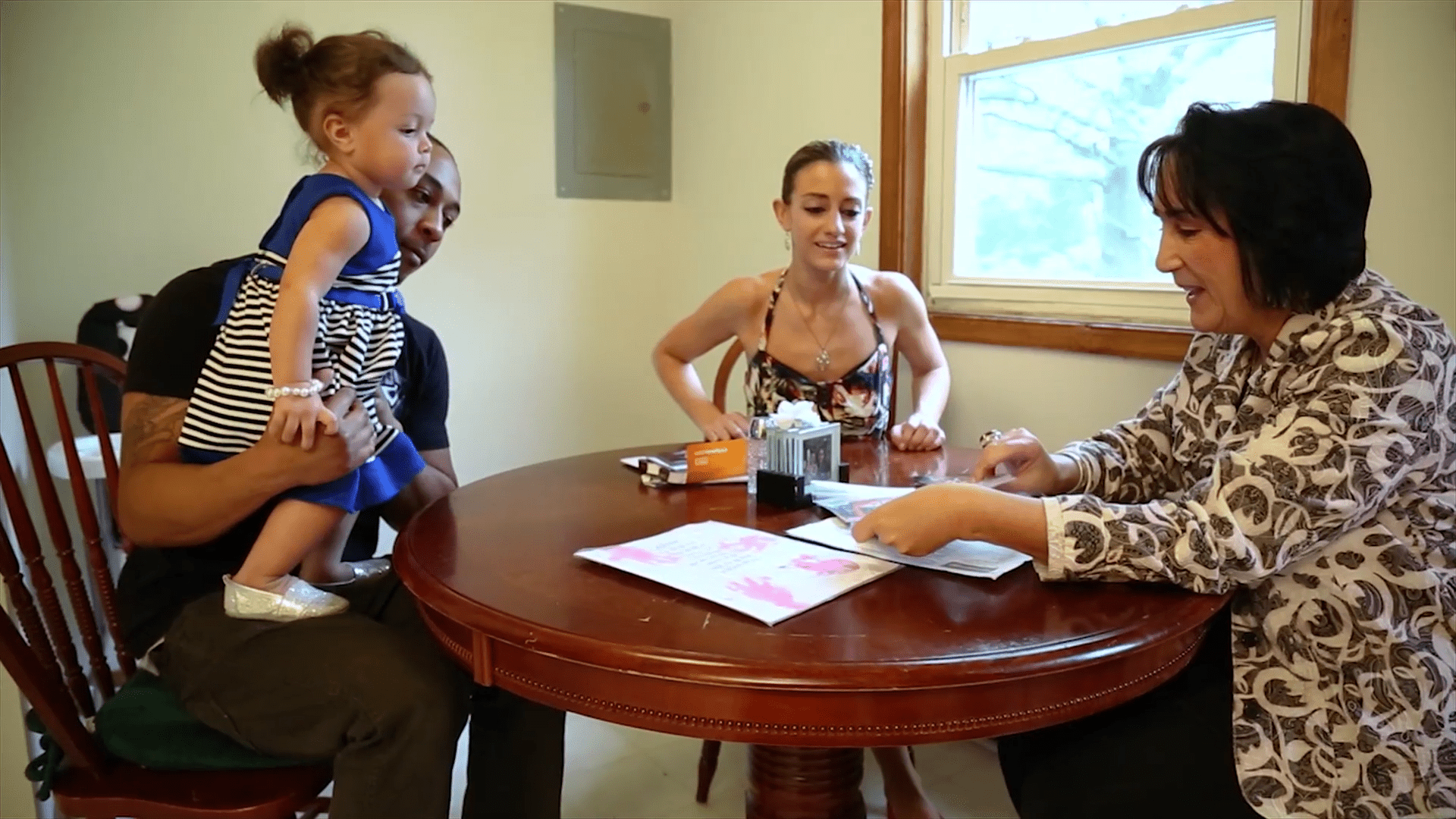Before COVID-19 struck our country, it was already undisputed that significant racial disparities existed in health outcomes, life expectancy, educational attainment, and wealth between White and Black, Brown, and Native Americans.
But now that we are in the throes of the pandemic, it is glaringly real that more than 400 years of racial oppression and injustices have directly led to the disproportionate deaths as well as poor mental and physical health outcomes for Black and Native Americans today. Tragically, our wealthy nation also has one of the highest death rates for Black and Native American babies and their mothers.
Poor health in children is directly tied to low educational attainment that can lead to chronic health issues and poor outcomes later in life. We have the capacity in this country to address these horrendous outcomes with an essential, strategic tool. We hope that together we can mitigate the onslaught of inequity through more comprehensive access to home visiting.

A vital conversation is needed to expand access to the ever-important parent/home visitor partnership to ensure it reaches a wider number of children and families impacted by racial inequality.
The COVID-19 public health and economic crisis have pulled back the curtain and revealed for all the disproportional impact it is having on Black, Hispanic/Latinx, and Native American communities in particular. The economic pressure the pandemic has placed on the country’s most under-resourced families has exacerbated the racial divide and is widening the margins of racial disparities.
Now more than ever, families need the support provided by trained home visitors. Our evidence-based home visiting model is a proven and effective program designed to address factors that strengthen families and help them prepare their children for life’s challenges early in life. Studies show that children of families participating in the program enter kindergarten ready to learn, the opportunity gap for children at risk of falling behind is narrowed, and they go on to achieve school success into the elementary grades.
Parents that voluntarily participate in our program state they feel supported and less stressed, they improve their parenting knowledge and skills, and are more involved in their children’s schooling. Families are also more likely to promote their children’s language and literacy skills. The program is shown to prevent child abuse and neglect, as our home visiting professionals are on the front line of family engagement and can detect and problem-solve issues early.

These are important issues in the under-resourced communities that we serve. That’s why we focus on partnering with families to reduce infant mortality, increase infant vitality, maternal health, and immunization rates, as well as build social resources for families, and improve literacy. The most disturbing and challenging racial inequities and disparities are addressed through home visiting services using a proven and personalized approach.
Working with parents directly during the most important stages of their child’s early development has a direct effect on reducing the educational disparities that can later result in income and health disparities. By supporting the overall well-being of parents and caregivers, and offering support and resourcing, home visitors help parents navigate the healthcare, educational, and social support systems and advocate for themselves and their families to access the resources they need to keep themselves and their family healthy.
While schools, childcare centers, and other child-serving organizations were forced to close, home visiting never stopped. As we have pivoted from in-person to virtual home visiting during this unprecedented pandemic, we must encourage decision-makers to embrace and support home visiting as a critical and effective strategy for improving the conditions of families in under-resourced communities, and one that can help mitigate racial inequities.
Visit Parents as Teachers “Home Visiting is Essential” campaign to learn more.

